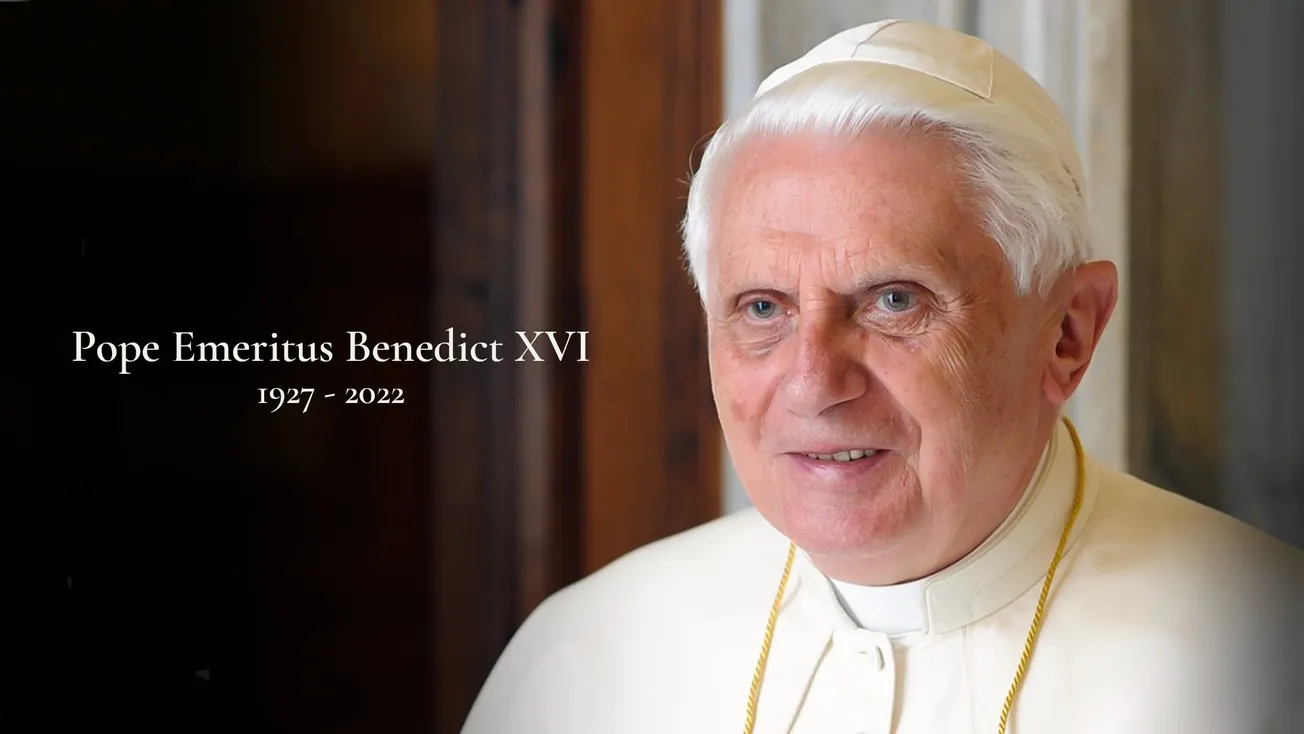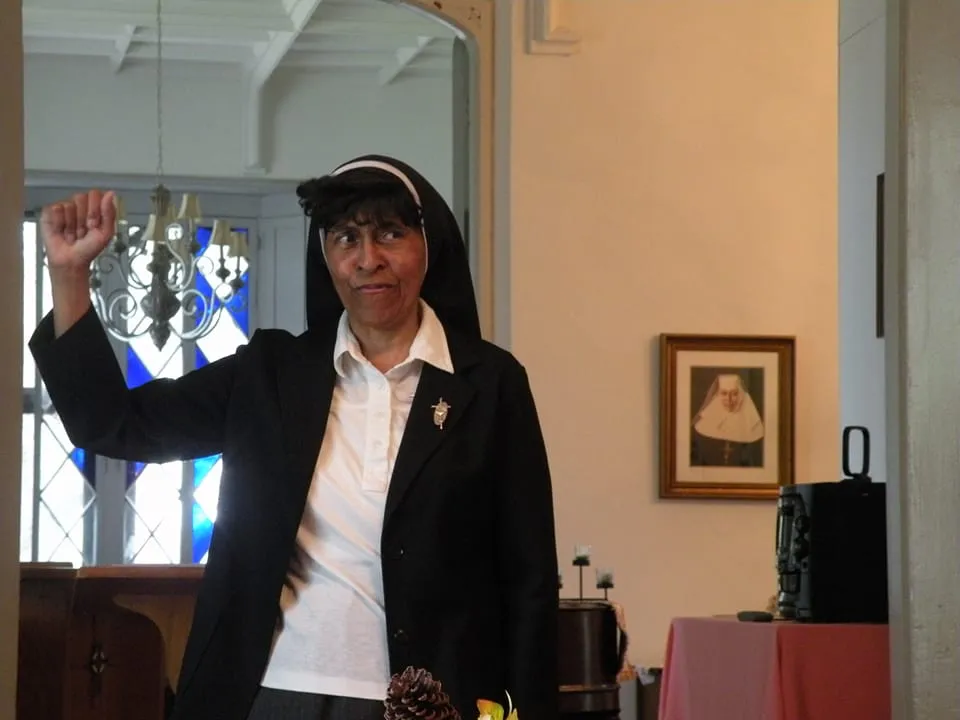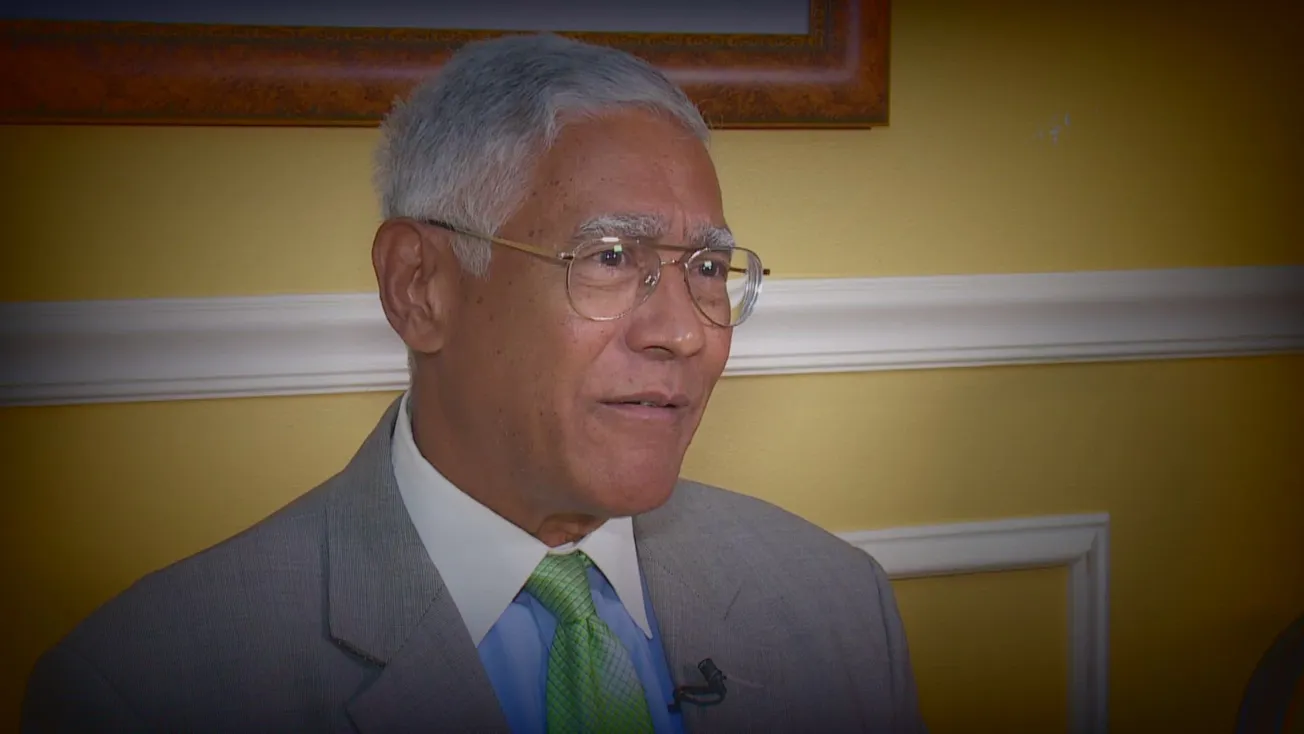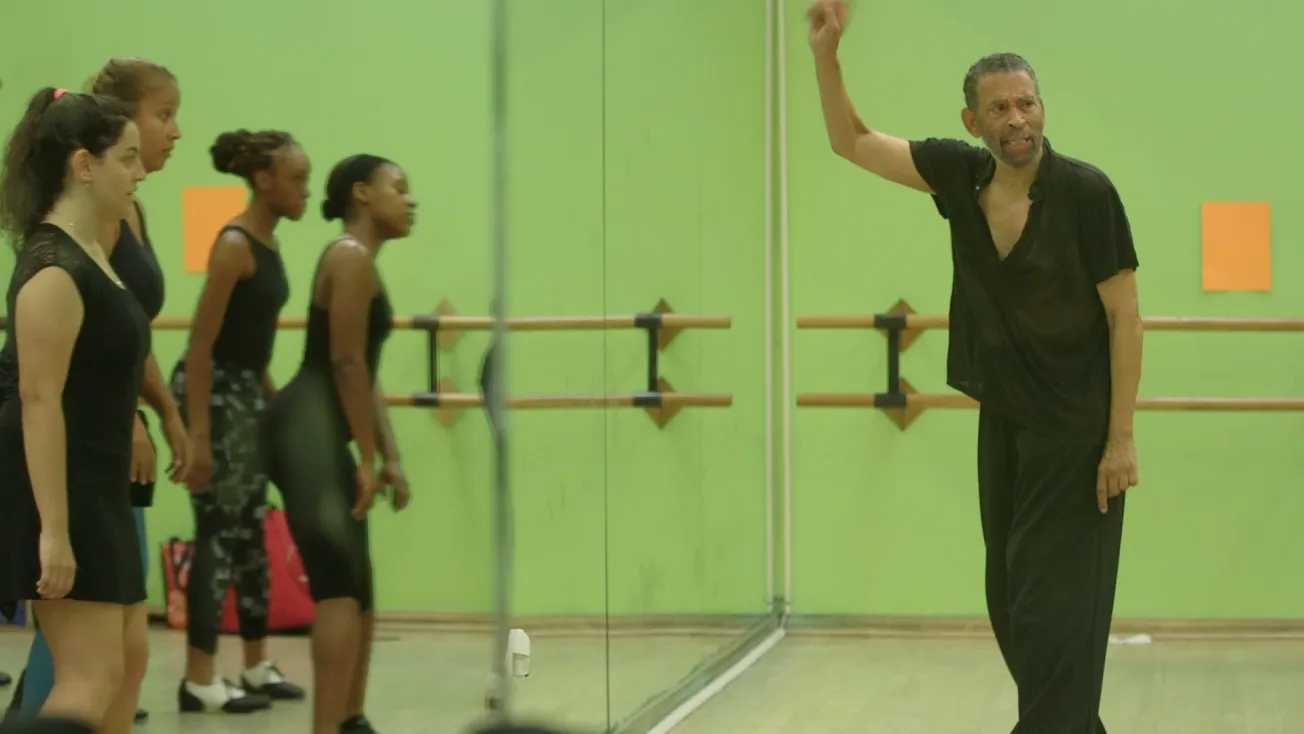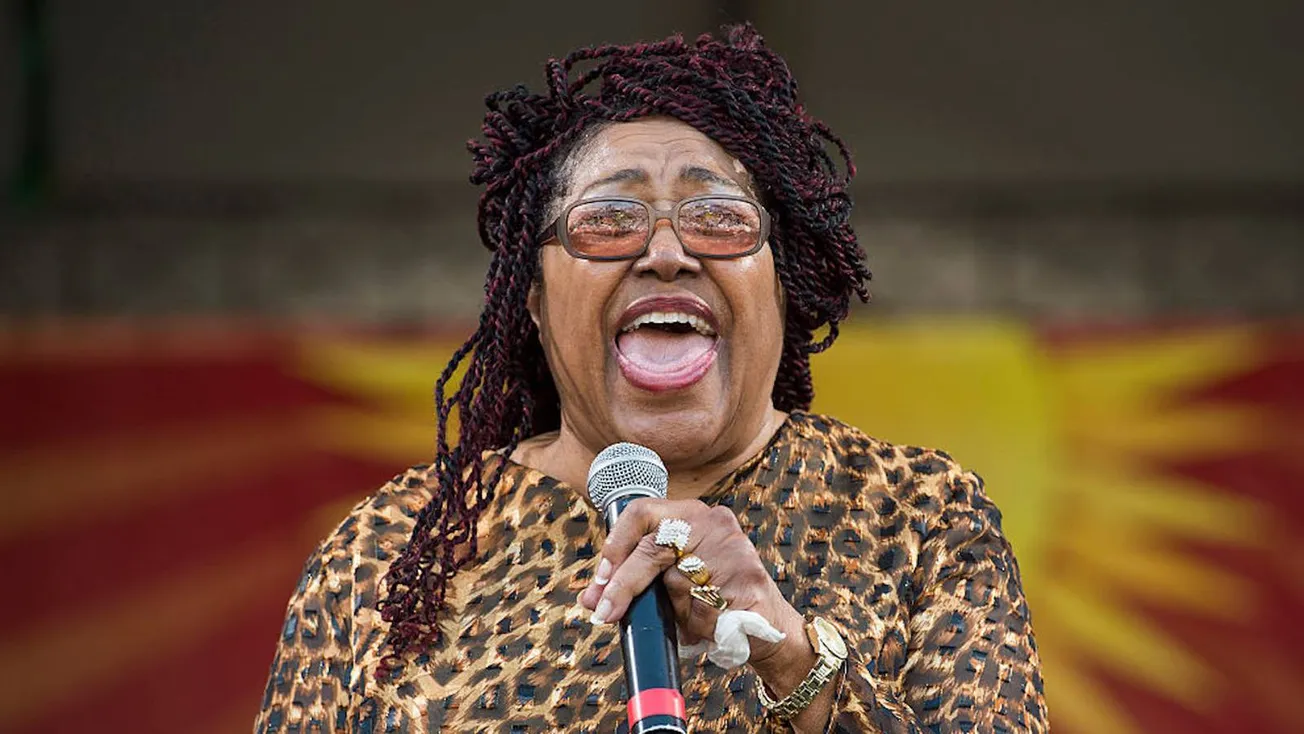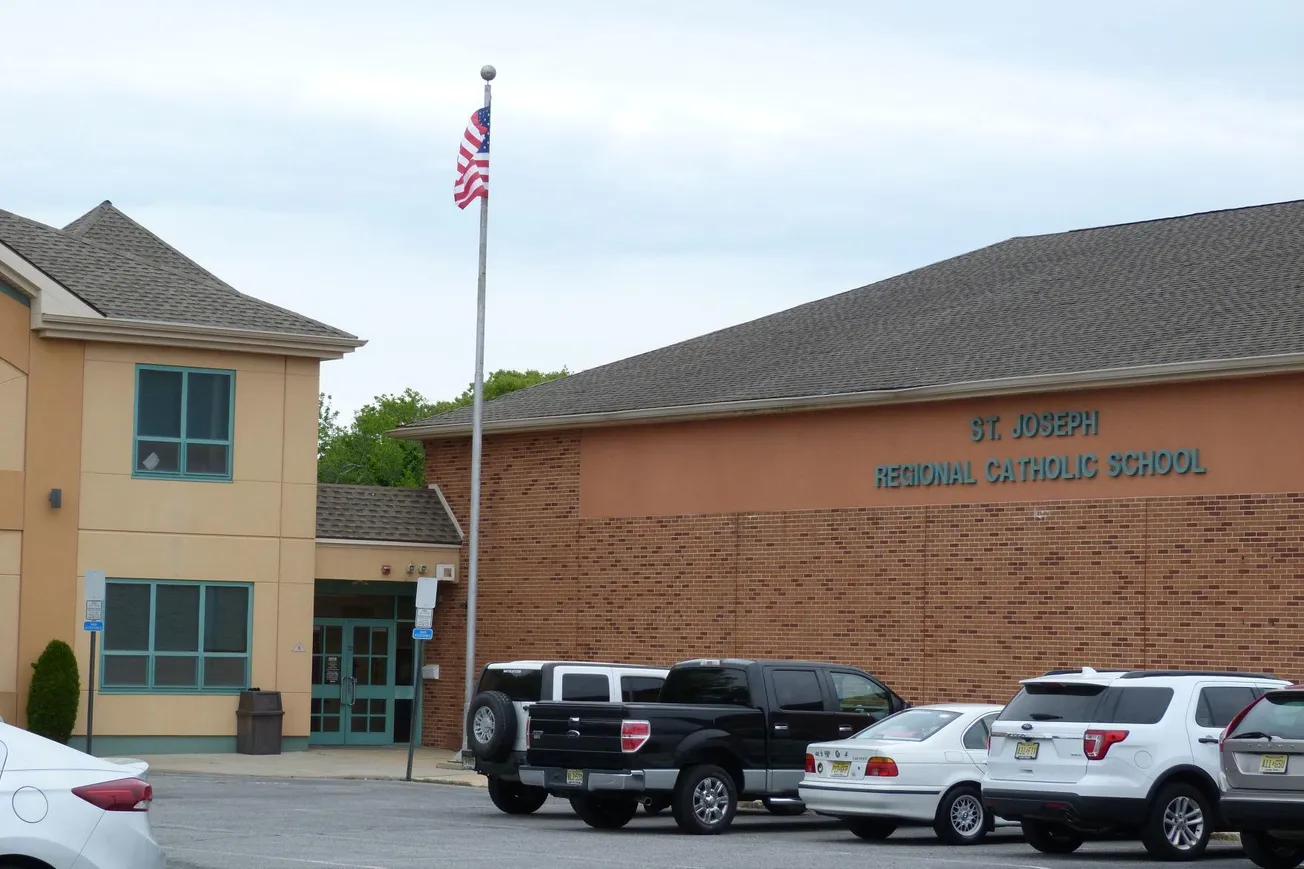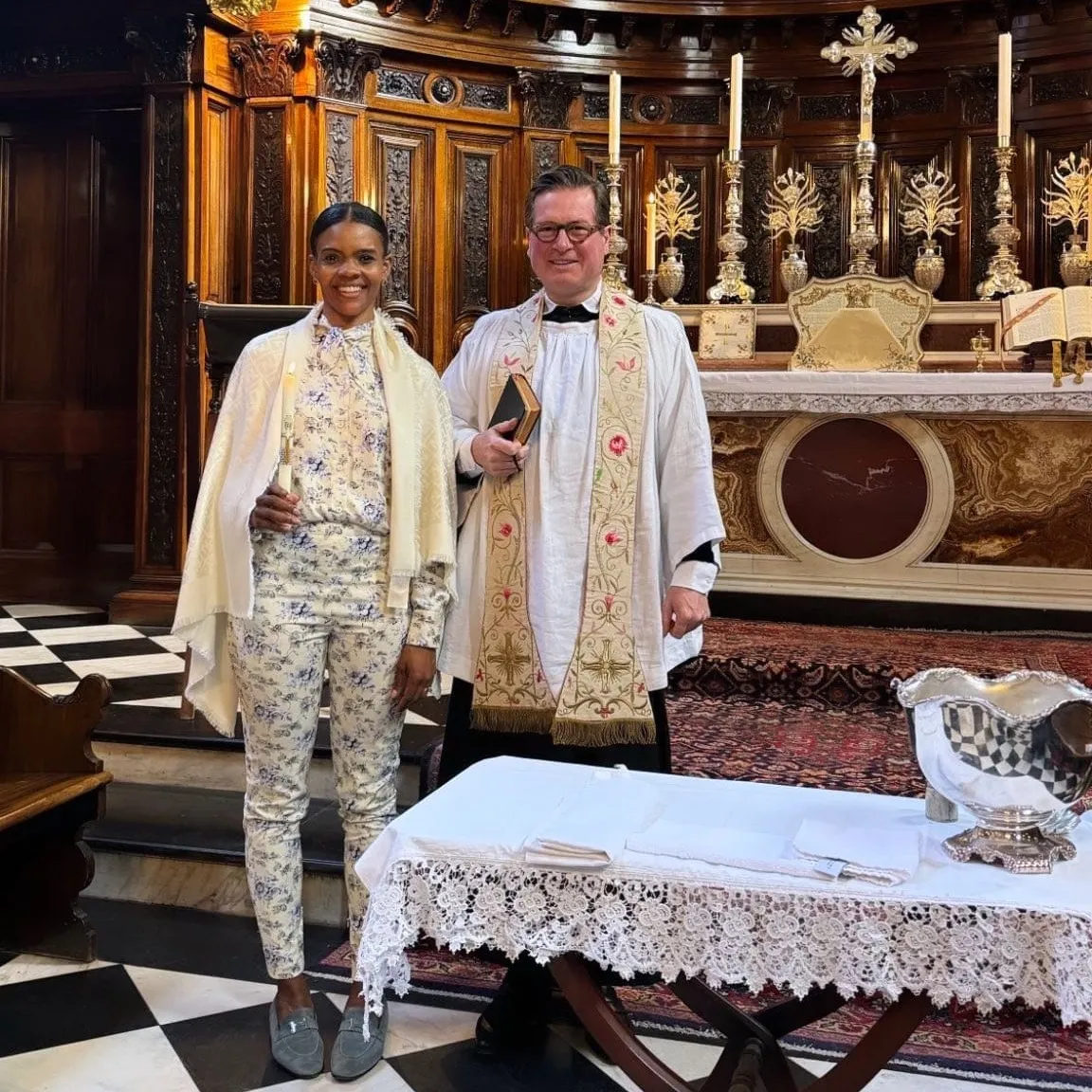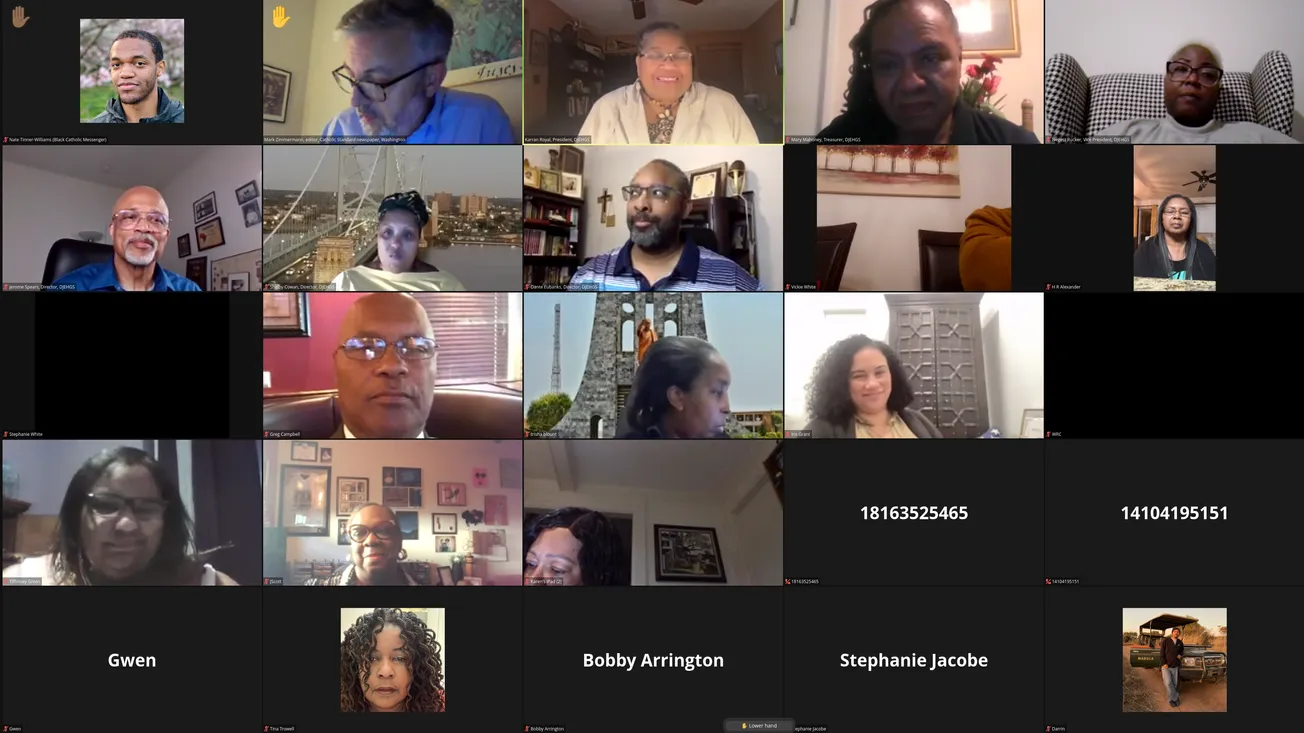Pope Emeritus Benedict XVI, who broke centuries-long tradition when he retired in 2013, has passed away at the age of 95 in Rome, the Holy See has announced.
The news came early Saturday morning from Vatican press secretary Matteo Bruni. No cause of death was provided, though the former pontiff had been seriously ill for several days due to “advancing age.”
“With sorrow I inform you that the Pope Emeritus, Benedict XVI, passed away today at 9:34 AM in the Mater Ecclesiae Monastery in the Vatican,” he said.
“As of Monday morning, 2 January 2023, the body of the Pope Emeritus will be in Saint Peter's Basilica so the faithful can pay their respects.”
“With sorrow I inform you that the Pope Emeritus, Benedict XVI, passed away today at 9:34 in the Mater Ecclesiae Monastery in the Vatican.
— Vatican News (@VaticanNews) December 31, 2022
Further information will be provided as soon as possible.” pic.twitter.com/O5dxoPaVkT
The German-born prelate had been in relatively poor health since before resigning the pontificate, and had indicated that this was the primary factor in his decision to step down.
His condition took a turn for the worse earlier this week, as announced by Pope Francis, though a Vatican official had said he was “stable” as recently as Friday evening, during a Mass said for him at St. John Lateran Basilica.
Pope Francis, during Saturday Vespers at St. Peter’s Basilica, recalled Benedict’s life of service with words of thanks and praise.
“We feel so much gratitude in our hearts: gratitude to God for having given him to the Church and to the world, gratitude to him for all the good he has done, and above all for his witness of faith and of prayer, especially in these last years of his retired life,” he said.
“Only God knows the value and strength of his intercession, of his sacrifices offered for the good of the Church.”
Following news of Benedict’s death, Military Archbishop Timothy Broglio, president of the US Conference of Catholic Bishops, said the news “sounds contrasting notes of sorrow and gratitude.”
“We all remember how he shocked the world in 2013 by announcing his plan to resign from his responsibilities as the Bishop of Rome, and in doing so, he continued his teaching about courage, humility, and love for the Church,” he added.
“While we grieve that he is no longer with us here, I join Catholics everywhere in offering my profound gratitude to the Lord for the gift of Pope Benedict XVI and his ministry.”
Reflection of USCCB President on Death of Pope Benedict XVI, Archbishop Timothy Broglio. Read the full reflection at: https://t.co/tn4p9OMPNm pic.twitter.com/yEdP4PHjnT
— U.S. Conference of Catholic Bishops (@USCCB) December 31, 2022
Born Joseph Ratzinger in 1927 on the cusp of Hitler’s Germany, Benedict was raised a devout Catholic and has aspirations of an ecclesial career from a young age. He entered seminary at 12 with his brother and was ordained alongside him in 1951, following conscription into the German Army during World War II.
Benedict’s priestly career was eminently academic, with the young priest completing his dissertating two years after ordination and becoming a professor in the late 1950s. He served as a consultant at the Second Vatican Council shortly thereafter and continued his teaching roles until 1977, when he was named Archbishop of Munich and Freising by Pope Paul VI. The 52-year-old Ratzinger was made a cardinal later that same year.
Formerly influenced by more progressive theologians, the pope emeritus is best known for the period of his life after he was deemed to have turned toward conservatism, a reputation that followed him into his role as prefect of the Congregation for the Doctrine of the Faith beginning in 1981. As the Vatican’s chief doctrinal spokesperson, he maintained traditional positions on liturgy and morality, while also promoting interreligious dialogue and Catholic Social Teaching. He also attempted to resign his CDF post in 1997, though to no avail.
Following the death of Pope John Paul II in 2005, Benedict was elected pope at the age of 78—the oldest new pontiff in nearly three centuries, and one who had not been angling for the role. He had repeatedly stated during his cardinalate that he was more disposed to retire to Germany and lead the life of a quiet academic.
Instead, Benedict became head of the world’s largest religion, carrying on many of the theological missions he had previously begun in the CDF. Among his most consequential moves as pope was his promulgation of the motu proprio “Summorum Pontificum,” which restored the previously restricted permissions for priests worldwide to celebrate the Traditional Latin Mass at their leisure.
For this and other reasons, Benedict was regarded as a traditional pope, retaining much of the regalia of his predecessors and not shying away from the pomp associated with his regal role. Perhaps less well known was his harsh criticism of consumerism, capitalism, and even the death penalty—the elimination of which he called a matter of preserving “human dignity.”
Overshadowing all of his works as a priest and pope, however, was his handling of sex abuse cases, the scandal of which entered the international spotlight near the turn of the millennium. As CDF head, Benedict had been given control of the Vatican’s investigation of such matters, and by all indications did not make sufficient attempts to remove abusive priests and bishops—including the infamous former DC cardinal Theodore McCarrick—from the halls of power within the Church. He did, however, institute various important reforms as the seriousness of the situation came to further light.
An investigation earlier this year from Germany showed that during his time as an archbishop in Munich, Benedict had failed to act in various cases against priests who had been accused of abuse. He refuted the report, which stated that by his inaction he was a perpetrator of misconduct himself, but admitted that mistakes were made under his watch.
Benedict’s pontificate was viewed variously by Black Catholics in the United States, some of whom valued him simply as pope, and others who criticized his specific disposition as a thoroughly European-minded academic.
“Even though I respect his position, I don’t think he cares much about the Black Catholics in America, which is why we need to fight hard to get Black leaders in the Catholic Church,” said laywoman Shana Howard upon Benedict’s visit to the United States in 2008—during which the pontiff lauded figures such as Dr. Martin Luther King Jr. for their fight “against slavery and in the civil rights movement.”
Four years after his visit stateside, Benedict declared Mother Henriette DeLille, SSF to be Venerable, the last sequential title of one on the road to sainthood before possible beatification. DeLille was the foundress of the second-oldest surviving order of African-American nuns, the Sisters of the Holy Family.
On Saturday morning, the nation’s highest-ranking Black Catholic prelates shared their condolences on Benedict’s passing, recalling his ministry positively.
“He lived a distinguished and generous life in service to Catholicism and humanity. His long life included not only his ecclesial contributions, but his impassioned pleas for world peace, human understanding, and global solidarity,” said Cardinal Wilton Gregory of Washington, whose archbishopric in Atlanta began shortly before Benedict’s election as pope.
“For these last ten years, he has provided a prayerful and steady presence and support for Pope Francis, another legacy of his stewardship of his office. Of course, I am deeply grateful for his appointment of me as Auxiliary Bishop of New Orleans in 2006,” added Archbishop Shelton Fabre of Louisville.
Benedict’s funeral has been announced for Thursday, January 5 at 3:30am ET in St. Peter’s Square. Pope Francis will celebrate the liturgy, which will “be marked by simplicity,” according to Vatican News. It will also be livestreamed on Facebook and YouTube.
Cardinal Gregory will celebrate a Memorial Mass for the retired pope on Saturday afternoon at 4:30pm ET in the Basilica of the National Shrine of the Immaculate Conception, which will also be available online. Archbishop Fabre will say a Reqiuem Mass on January 5 at noon in the Cathedral of the Assumption.
(Update 12/31/22: Added info on Archbishop Fabre's Memorial Mass for the pope emeritus.)
Nate Tinner-Williams is co-founder and editor of Black Catholic Messenger, a seminarian with the Josephites, and a ThM student with the Institute for Black Catholic Studies at Xavier University of Louisiana (XULA).


